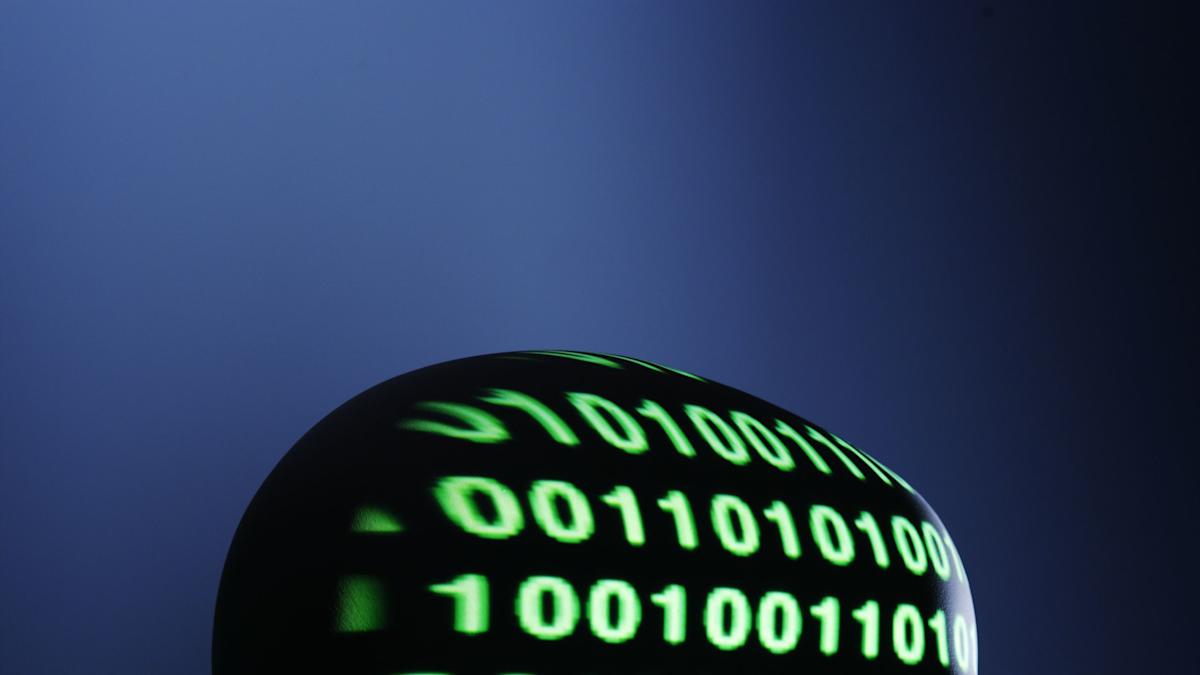-
For more than two decades, some scientists have pondered the possibility that life as we know is actually an unfathomably complex simulation.
-
While some suggest looking for “glitches” to find evidence of the simulation, University of Portsmouth’s Michael Vopson argues that the universe’s predilection for symmetry could be seen as a kind of a compression algorithm following his hypothesized “Second Law of Thermodynamics.”
-
Such grand statements about the nature of reality are inherently controversial with some experts suggests that simulation theory borders on pseudoscience of even a kind a techno-religion.
In the early 4th century BCE, the legendary ancient Greek philosopher Plato put forth a simple thought experiment. Known as the Allegory of the Cave, the idea suggests that what we believe to be “reality” could be little more than shadows dancing upon a cave wall. Fast forward to the 21st century, and scientists are pondering the same question albeit in a more technological context.
In 2003, University of Oxford philosopher Nick Bostrom put forward the idea that it was probably likely that what humans perceived as reality was actually a hyper-advanced simulation created by beings with almost infinite technological capability. In the decades since this famous formulation, scientists have pondered exactly how we could discover some evidence of this simulation—or even escaping the simulation altogether.
“The hypothesis that we live in a simulation seems provable: it could be the discovery of a flaw in the simulation, such as a distant region of the universe that cannot be zoomed in on, where a telescope would not be able to obtain a clear image,” Philosopher Paul Francheshi told Gizmodo in December. “Of course, an even more advanced simulation could roll back time, erase the flaw, and then restart the simulation.”
While trying to a find a flaw, or glitch in the simulation would certain provide credible evidence, Michael Vopson, a physicist at the University of Portsmouth in the U.K. says that looking for a kind of “source code” of the universe could provide a more compelling pathway for proving our artificial existence.
The code, known more specifically as the Second Law of Infodynamics, states that information entropy “must remain constant or decrease over time – up to a minimum value at equilibrium,” Vospon writes in a 2023 article for The Conversation. He also states in that same article that this can apply to how genetic information behaves—not random as Charles Darwin suggests but instead always trying to minimize information entropy. Similarly, the universe also strives for symmetry rather than asymmetry thus acting as a kind of optimization program or a “most effective data compression” program, according to Vopson.
Although an intriguing argument, Vopson argues that the Second Law of Infodynamics, as well as further study into the simulation hypothesis, requires more research to come to any definitive conclusions. Many scientists remain plenty skeptical with some arguing that the idea even approaches the level of pseudoscience or even a kind of religion. After all, what’s the real difference between some hyper-advanced super species (perhaps even future humans) and some all-powerful god.
Just as it was in Plato’s time, the idea of a reality that exists beyond our own remains forever an enticing idea. It’s unlikely we’ll ever learn for sure whether our reality is true to form or a clever collection of 1s and 0s, but it doesn’t change the fact that it’s the only life we get to live.
Best make it a good one.
You Might Also Like
